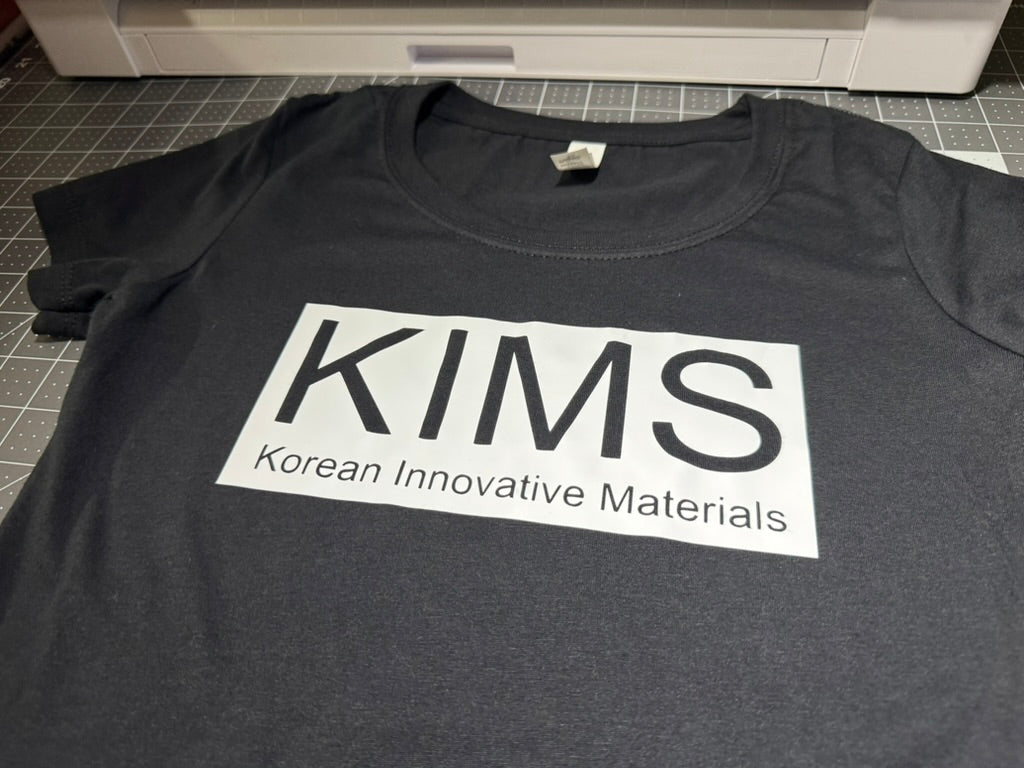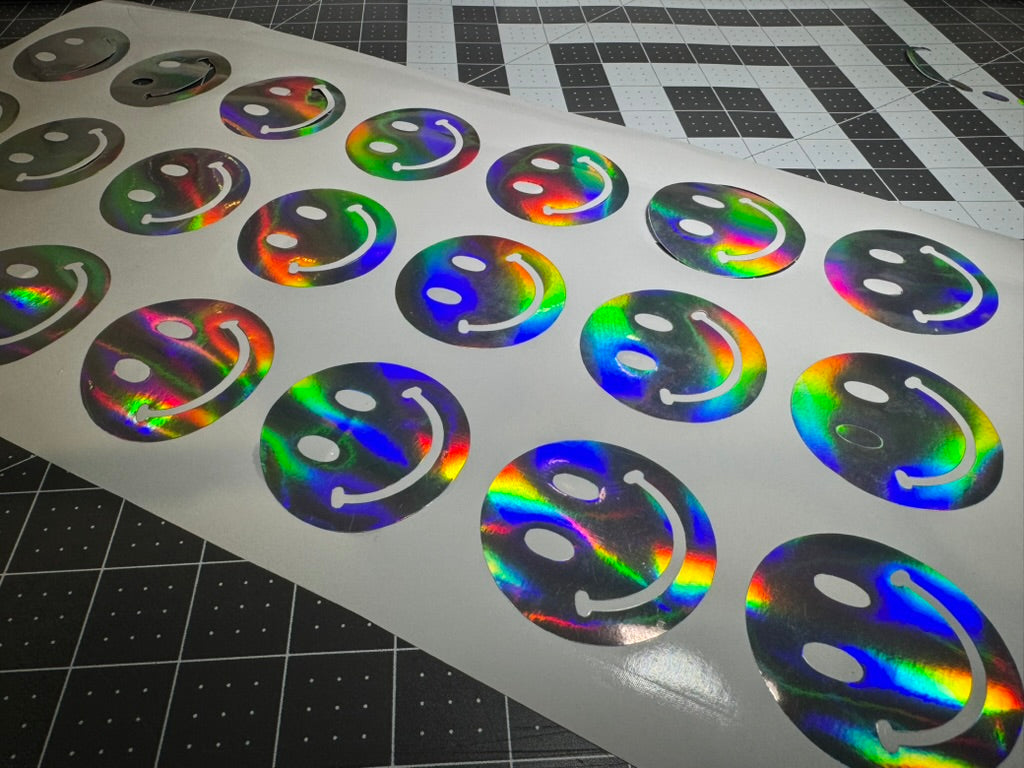Starting a t-shirt business comes with creative decisions—what to print, how to market, and who your customers are. But before any of that can happen, the legal structure of the business has to be chosen. This choice affects how taxes are filed, how liability is handled, and how the business operates.
Many new business owners ask, "Is it better to start as a sole proprietor or LLC?" or "Should I file my LLC as an S corp or sole proprietorship?" These are common questions because each business type has different rules, paperwork, and tax treatments.
This guide explains the most common business structures: sole proprietorship, LLC, and S-Corp. Each one works differently, especially when applied to a t-shirt business that involves physical products, branding, and customer-facing operations.
Understanding Sole Proprietorship, LLC, And S-Corp
A sole proprietorship is the simplest type of business. It's owned by one person and doesn't require formal registration beyond local business licenses. In a t-shirt business, this means operating under your personal name or a trade name, with you personally responsible for the business's debts and obligations.
A Limited Liability Company (LLC) separates the business from the owner. It's formed by filing articles of organization with the state. An LLC can be owned by one or more people and can protect personal assets if the business faces legal or financial issues.
An S Corporation (S-Corp) isn't a type of business entity but a tax classification available to eligible LLCs or corporations. Filing as an S-Corp means the business can pass income and losses through to the owners while potentially reducing certain types of self-employment taxes.
Pass-through taxation means profits and losses from the business are reported on the owner's personal tax return, rather than the business paying income taxes separately.
Key points to remember:
-
Sole proprietorship: Simplest structure, no separation between owner and business
-
LLC: Provides liability protection, requires state filing
-
S-Corp: Tax classification that can be elected by an LLC or corporation
Comparing Liability Protection
Limited liability means that a business owner's personal assets—like a house, car, or personal savings—are protected if the business is sued or faces debt. This protection isn't available in every business structure.
In a sole proprietorship, the owner and the business are legally the same. If your t-shirt business is sued because a design infringes on someone's copyright, your personal assets can be used to pay damages.
A Limited Liability Company (LLC) creates a separation between the owner and the business. If your t-shirt business faces a legal claim, only business assets are typically at risk. Your personal property is generally protected unless you personally guarantee a debt or commit fraud.
An S-Corporation (S-Corp) also provides limited liability protection, similar to an LLC.
Common liability risks for t-shirt businesses include:
-
Copyright infringement claims for designs
-
Product liability if a customer has a reaction to materials
-
Contract disputes with suppliers or customers
|
Business Structure |
Personal Asset Protection |
Legal Separation |
|---|---|---|
|
Sole Proprietorship |
None |
No |
|
LLC |
Yes |
Yes |
|
S-Corp |
Yes |
Yes |
Comparing Tax Implications For A T-Shirt Business
LLC Tax Basics
By default, an LLC uses pass-through taxation. The business itself doesn't pay income taxes. Instead, profits pass through to the owner's personal tax return, reported on Schedule C.
LLC owners pay self-employment taxes (15.3% for Social Security and Medicare) on net earnings. For example, if your t-shirt business earns $80,000 in profit, you'd pay self-employment taxes on the full amount.
LLCs can choose to be taxed as an S-Corp by filing Form 2553 with the IRS, which may change how self-employment taxes apply.
S-Corp Tax Basics
With S-Corp status, you can be both an owner and employee of your t-shirt business. You receive a salary and can take additional profits as distributions.
Only your salary is subject to self-employment taxes. Distributions aren't, which may reduce your overall tax burden. The IRS requires that your salary be "reasonable compensation" based on the work performed.
For example, if your t-shirt business earns $100,000 in profit and you pay yourself a $50,000 salary, only that $50,000 is subject to self-employment taxes. The remaining $50,000 in distributions isn't.
Sole Proprietorship Tax Basics
A sole proprietorship has the simplest tax structure. All profits are reported on Schedule C of your personal tax return.
The entire profit is subject to self-employment tax, in addition to income tax. For example, if your t-shirt business has $60,000 in net profit, the full amount is subject to self-employment tax, resulting in approximately $9,180 in self-employment taxes (15.3% of $60,000).
Ease Of Formation And Maintenance
Setting up and maintaining your t-shirt business varies by structure:
Sole proprietorship is easiest to form. Most states don't require formal paperwork, though you may need a local business license or a DBA ("Doing Business As") if operating under a different name. Record-keeping is minimal.
Limited Liability Company (LLC) requires filing articles of organization with the state. Filing fees range from about $40 to over $500. Some states also require an operating agreement and annual reports or franchise taxes.
S Corporation (S-Corp) starts with forming a corporation or LLC, then filing IRS Form 2553 to elect S-Corp tax status. S-Corps have more rules, including holding annual meetings and maintaining corporate records.
Formation complexity comparison:
-
Sole Proprietorship: Simplest; minimal paperwork
-
LLC: Moderate; state filing required
-
S-Corp: Most complex; requires entity formation plus IRS election
Annual requirements comparison:
-
Sole Proprietorship: Local license renewal, tax filings
-
LLC: Annual reports, state fees
-
S-Corp: Meetings, minutes, payroll filings, tax returns
Which Option Is Better For A T-Shirt Business
The answer to "Should I get an LLC for a t-shirt business?" depends on several factors:
A sole proprietorship works well for part-time or lower-revenue t-shirt businesses. It has the lowest setup cost and simplest administration. However, it doesn't separate business and personal assets.
An LLC provides legal separation between you and your business. This structure makes sense when your business earns moderate to high income, involves partnerships, or carries risks like copyright disputes. Many owners form an LLC early to establish a legal identity and open business bank accounts.
An S-Corp tax election often makes sense when profits increase, usually around $60,000-$80,000 annually. It involves payroll reporting and more detailed recordkeeping but may save on self-employment taxes.
Consider these questions when deciding:
-
How much liability protection do you want?
-
What tax advantages would benefit your business?
-
How much administrative work are you willing to handle?
-
What are your growth plans?
Step By Step Overview For Getting Started
1. Pick Your Legal Structure
Choose based on liability protection, tax flexibility, and administrative responsibility. This decision depends on your revenue expectations, hiring plans, and willingness to manage formal recordkeeping.
2. Register Your Business Name
If operating under a name different from your legal name, you may need a DBA ("Doing Business As") filing. Check that your business name is available by searching your state's business database. For t-shirt designs, also check for trademark conflicts using the United States Patent and Trademark Office (USPTO) database.
3. Open A Business Bank Account
A business bank account keeps personal and business finances separate. To open one, banks typically require:
-
Employer Identification Number (EIN)
-
Business formation documents
-
Business name registration or DBA
4. Obtain All Licenses
T-shirt businesses typically need:
-
General business license (city/county)
-
Sales tax permit (state)
-
Home-based business permit (if applicable)
5. Prepare For Taxes
Get an EIN from the IRS to identify your business on tax documents. Set up a system for tracking income, expenses, and receipts. Be aware of tax deadlines:
-
Sole proprietors: Annual filing by April 15
-
S-Corps: Corporate return by March 15
-
Estimated taxes: Quarterly payments if you'll owe more than $1,000
When To Switch Or Re-Elect Your Business Structure
A t-shirt business might change its legal structure as it grows. Common triggers include:
Revenue thresholds: Many consider switching when annual profits reach $60,000-$80,000. At this level, changing from a sole proprietorship or default LLC taxation to an S-Corp may reduce self-employment taxes.
Growth milestones: Hiring employees, opening new locations, or expanding product lines may prompt a structure change to better manage liability or taxes.
Changing from a sole proprietorship to an LLC involves filing with the state and getting a new EIN. Converting from an LLC to an S-Corp requires filing IRS Form 2553, typically within 75 days of the start of the tax year.
The question "Should I file my LLC as an S corp or sole proprietorship?" relates to tax treatment. An LLC taxed as a sole proprietorship has all profits subject to self-employment tax. With S-Corp taxation, only your salary is subject to self-employment tax, while distributions aren't.
Moving Forward With Your T-Shirt Brand
Choosing a business structure creates a foundation for how your t-shirt business operates, pays taxes, and handles responsibilities. As your business grows, the structure may influence your ability to expand or bring in partners.
Business structure also affects how your brand is perceived. A formal structure, such as an LLC or S-Corp, may help when entering wholesale agreements or applying for business credit.
Material quality plays a role in how customers view your brand. Consistent, high-quality materials from reliable suppliers like KIMS Direct support efficient production and reduce quality issues. KIMS Direct offers heat transfer vinyl and custom printing materials designed for detailed designs and professional results.
As you establish your t-shirt business's legal foundation, quality materials ensure your designs match your business's professional structure. Shop vinyl rolls and heat transfer products at KIMS Direct.
FAQs About T-Shirt Business Structures
Can I change my business structure after I've started my t-shirt business?
Yes, you can change your business structure later by filing the appropriate forms with your state and the IRS.
Do I need an LLC if I'm selling t-shirts as a side business?
A sole proprietorship works for side businesses, but an LLC provides liability separation if you're concerned about legal risks.
How much does it cost to form an LLC for a t-shirt business?
Filing fees range from about $40 to over $500, depending on your state.
What happens if someone sues my t-shirt business?
In a sole proprietorship, your personal assets may be at risk; an LLC or S-Corp generally limits liability to business assets.
How do taxes differ between sole proprietorship and LLC for a small t-shirt business?
Both are taxed as pass-through entities by default, but an LLC can elect S-Corp taxation to potentially reduce self-employment taxes.







